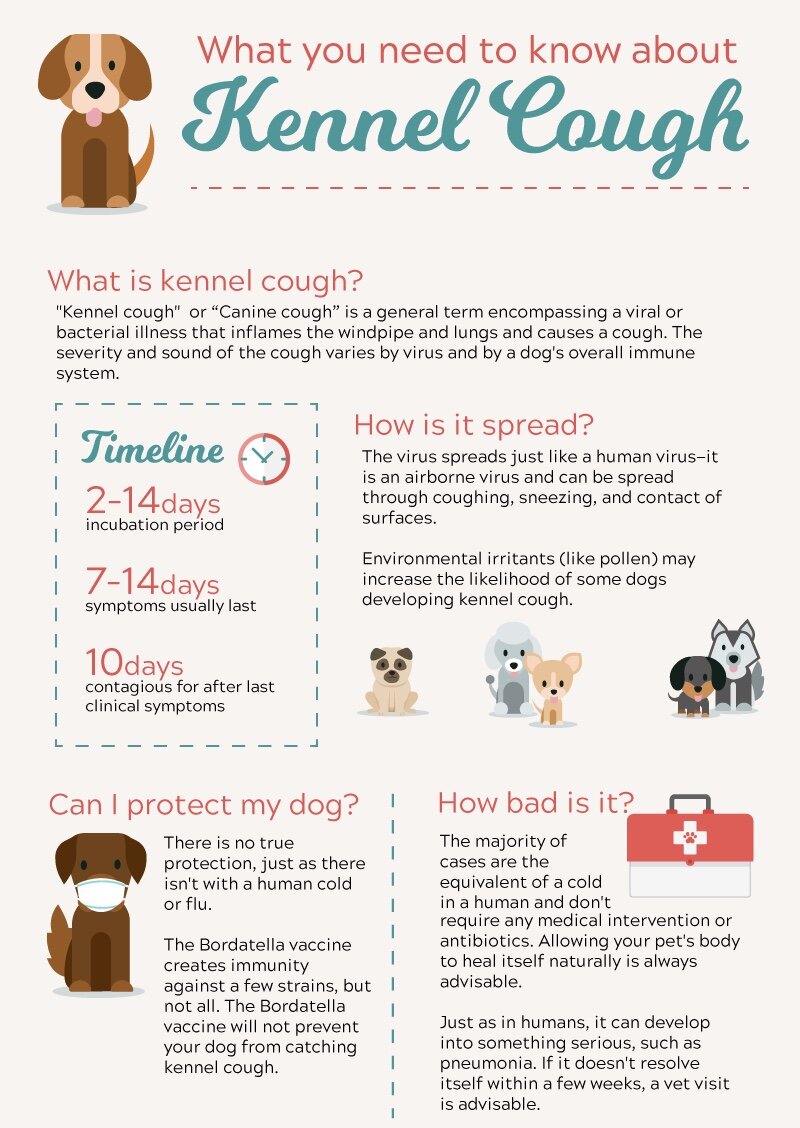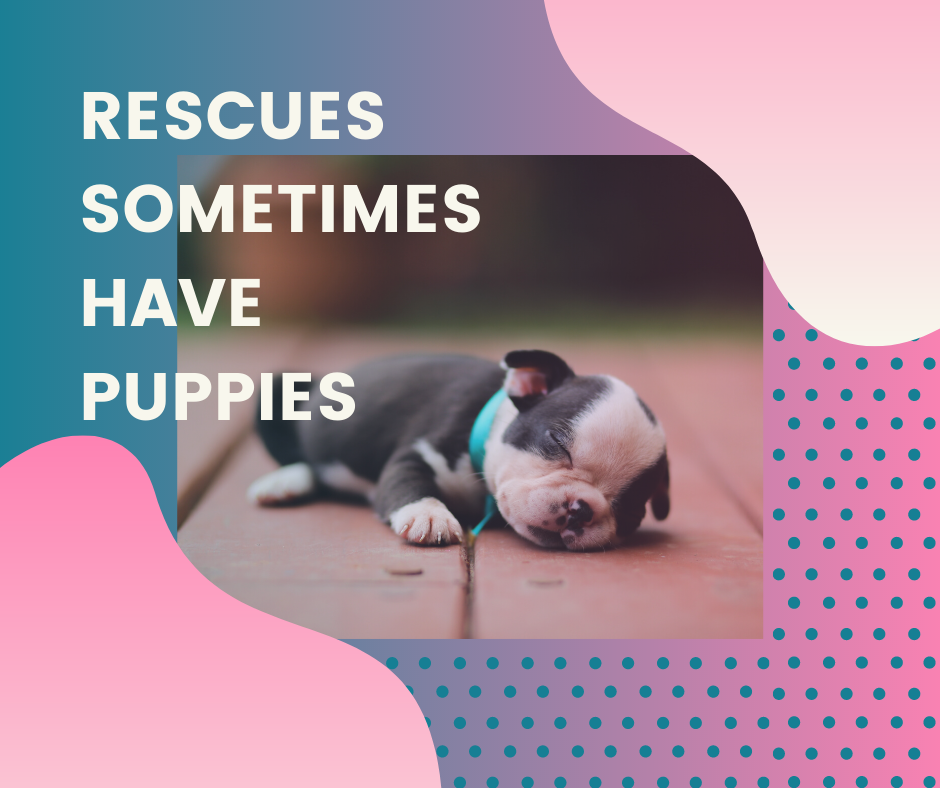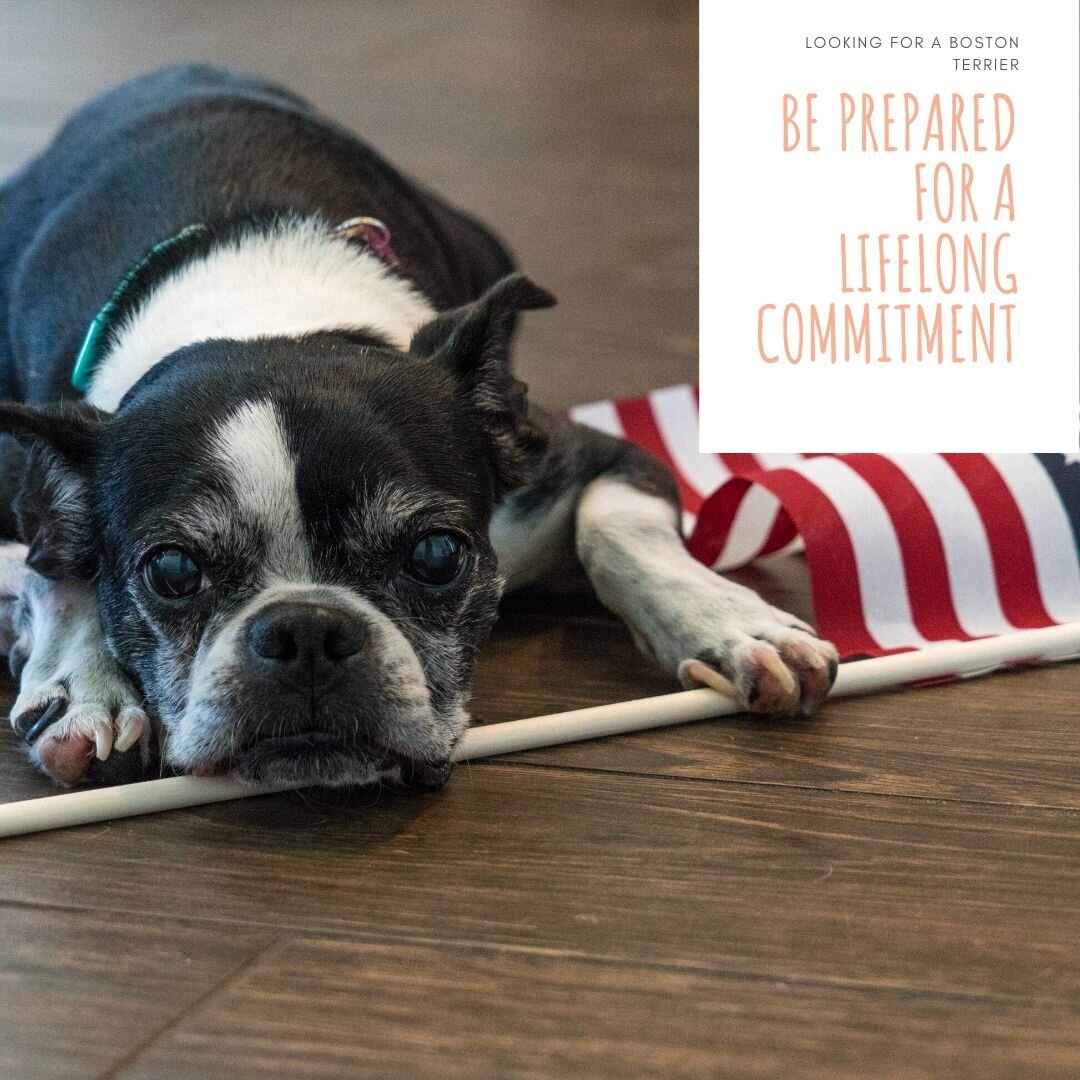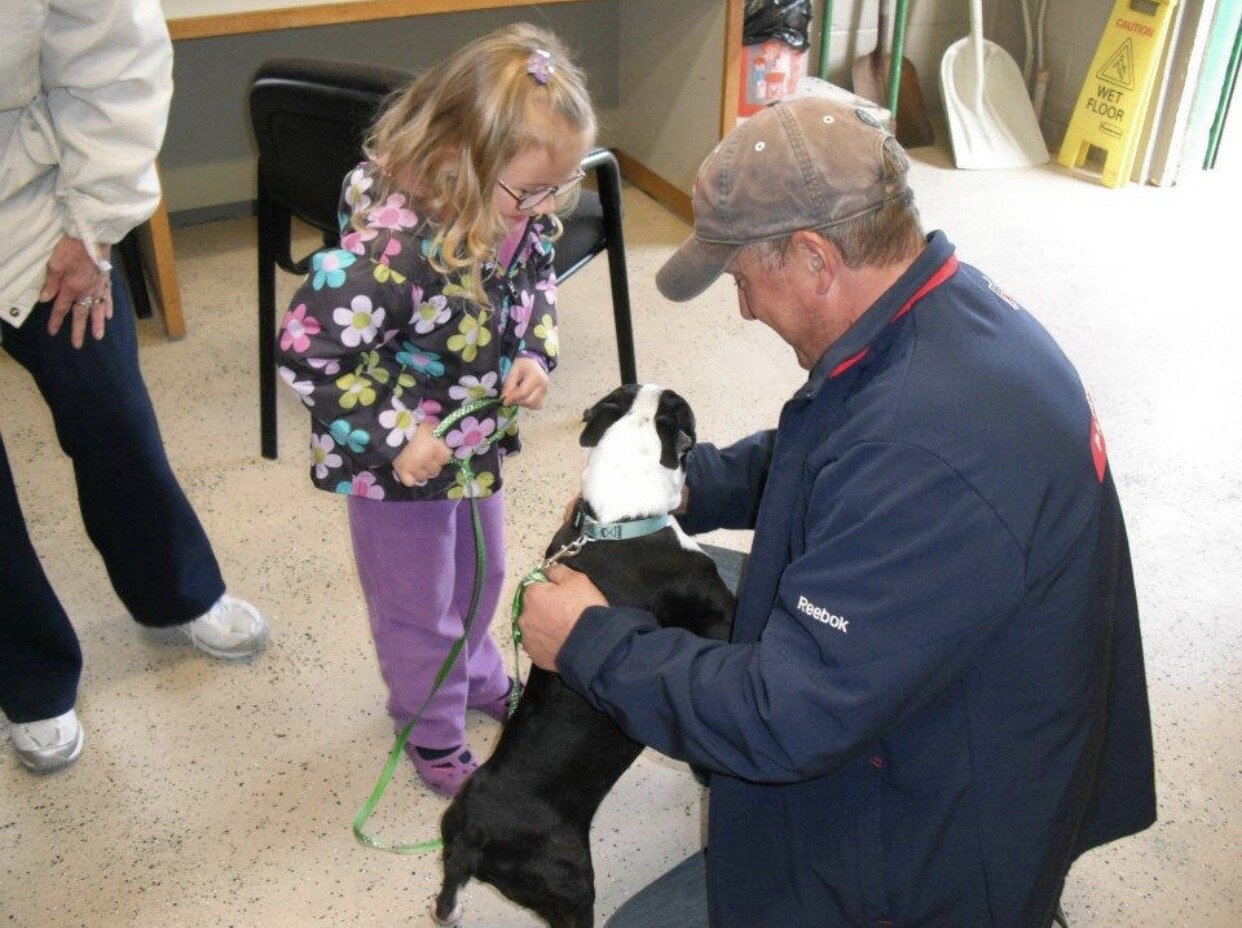It’s embarrassing, one minute your dog is playing the next they’re humping their friends. But why do our dogs hump? Is it because of dominance? Is it because of stress? Well we’re here to tell you all the reasons why your dog humps.
Oh My God Becky Look at her butt….
Humping is a natural behavior in all dogs of all ages. Whether spayed/neutered or not any dog can have the propensity to hump. While people usually think of it as “dominance” that’s just not the truth. Believe it or not your dog is not out to show you “who’s boss” or trying to dominate you. Despite what people may say humping has nothing to do with dominance. The term “dominance” when speaking about dogs refers to access to a resource such as bones, toys, food, or any other thing that can be viewed as a resource.
i mean, her butt, it’s just so big
Dogs hump for a variety of reasons and over-stimulation is one of the most common ones. When a dog gets over-stimulated some may do zoomies, some may bark and others will hump. It just means that they have reached a level of excitement and this is how they handle those types of situations. If your dog is humping in a social situation like our meetup it may just mean that they need a break. It’s okay to exit the meetup to give your dog a second to cool down.
I like big butts and I cannot lie
Some dogs hump because they’re anxious. Anxiety in dogs can often create displacement behaviors. Which means when they get anxious they feel the need to hump something. It’s a way for dogs to relieve that anxious feeling. If you have an anxious dog who humps it’s okay to let them have this time for themself. If you are really uncomfortable with your dog humping then try to find another outlet for stress relief like enrichment. If you’re not sure what enrichment is you can check out our posts on all things enrichment here and here.
Baby got back
Sometimes humping is just a form of play. Dogs play in many different ways. Stalking, chasing, biteyface, wrestling and humping are all forms of playing in dogs. When dogs play they often mimic behaviors that they would do in real life situations. Stalking and chasing are hunting behaviors, biteyface and wrestling are fighting behaviors while humping is a sexual behavior. It is thought that dog play is just practice for when they’re in the real world.
has your girlfriend got the butt?
Sometimes it just feels so darn good. While it definitely isn’t “dominance” sometimes there isn’t always a reason for humping other than it feels good. If you have a dog that humps then there is no reason not to let your pup have a little time alone. So long as it doesn’t create a problem. However, if they’re humping humans then you might want to redirect them to a toy or a chew.

















